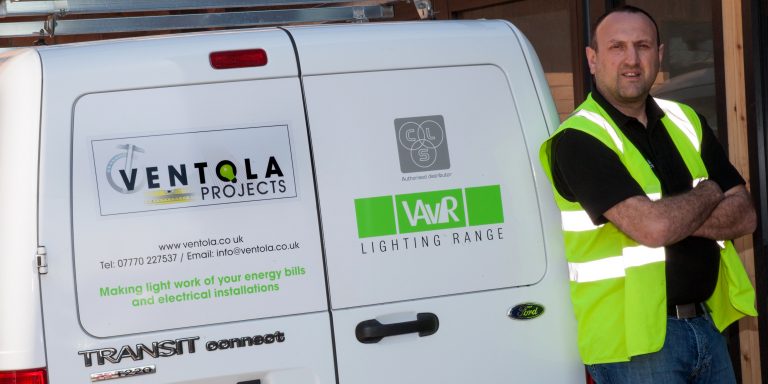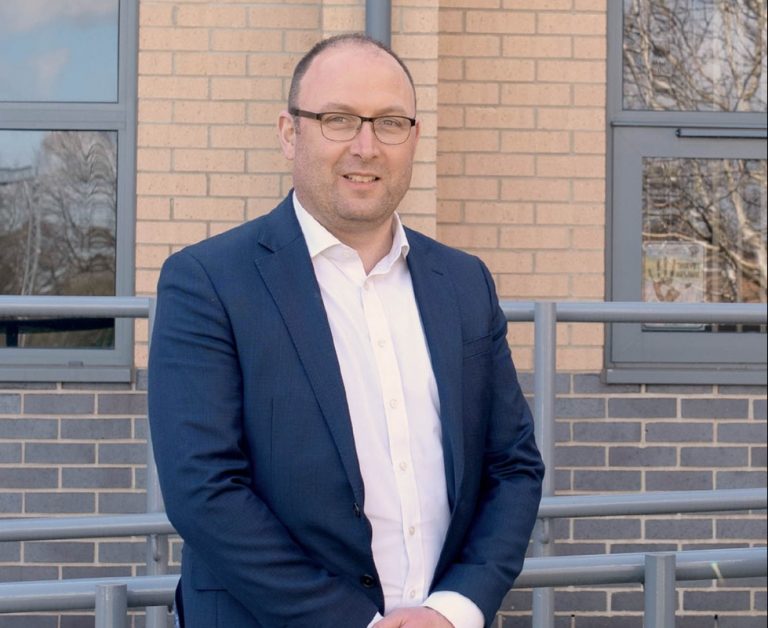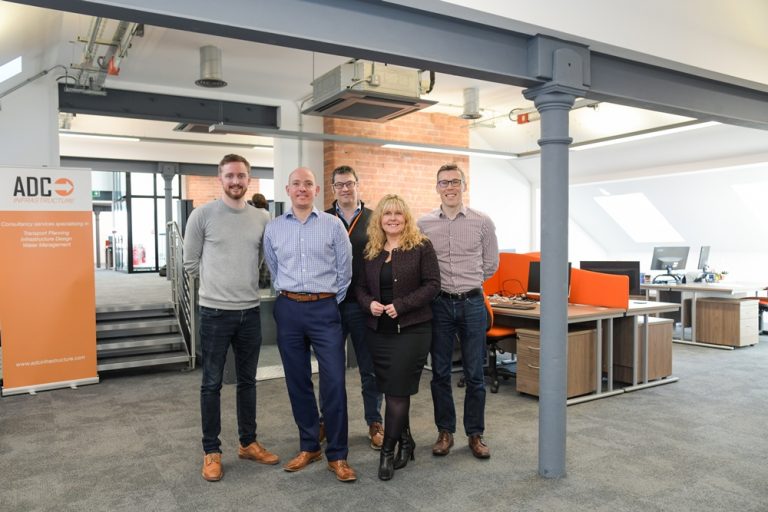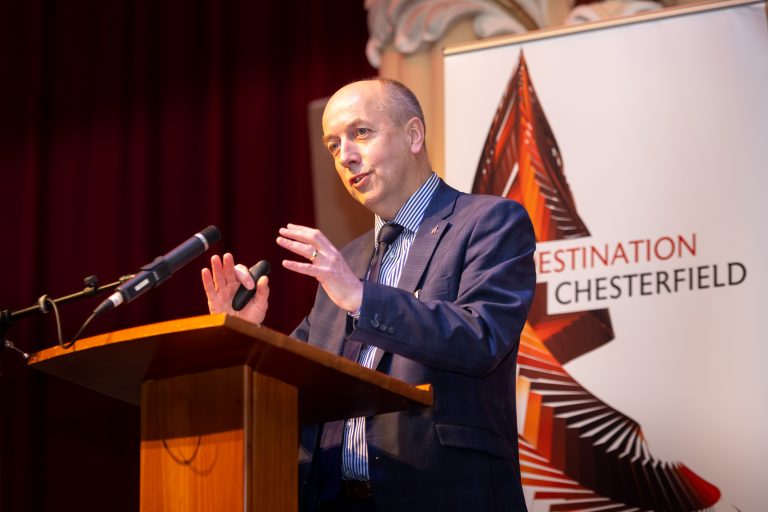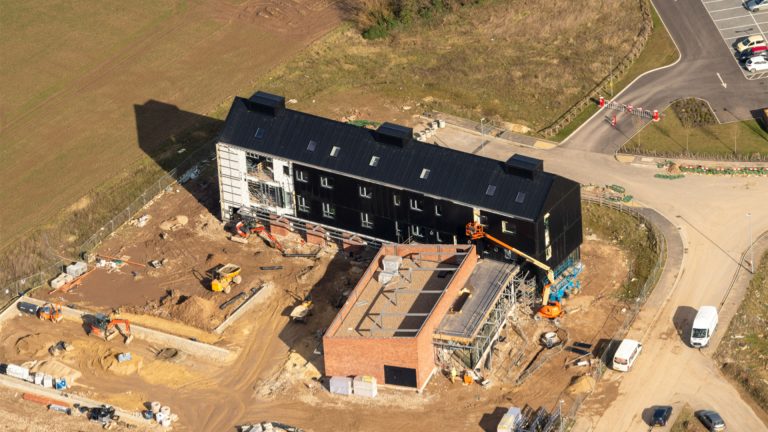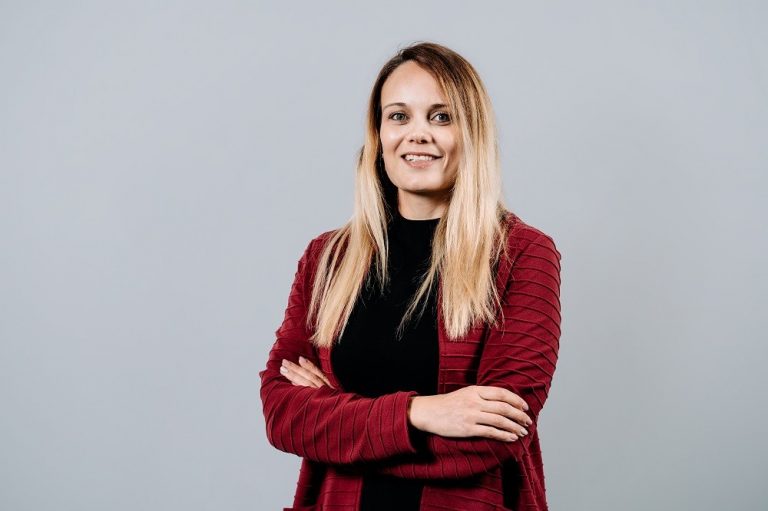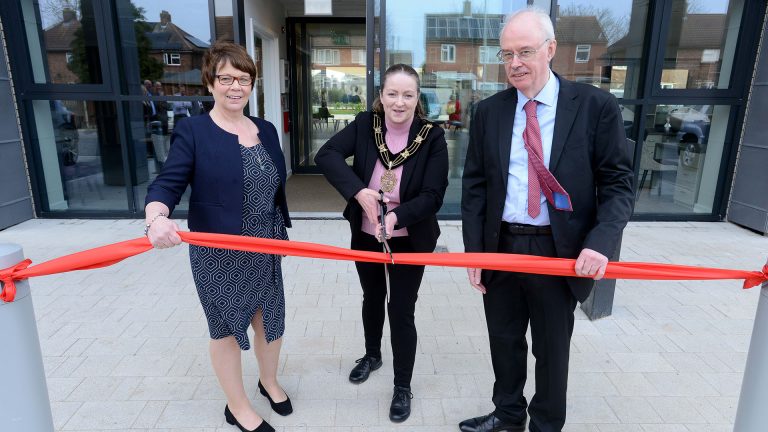Spring Statement, did it really create a sense of spring and sunnier days ahead?
Packaging manufacturer slips to pre-tax loss in “very challenging conditions”
Ventola Projects to commence exciting new works with Deer Park FEC in the spring
77% of SMEs predict turnover increase in 2022
ADC Infrastructure expand into City Buildings
Levelling Up funding plans revealed for Chesterfield town centre
Start-ups, consolidation and inward investment has resulted in 310 more businesses being established in Chesterfield post pandemic than prior to March 2020.
“We’ve come through the pandemic in pretty good shape and demand for commercial space has gone through the roof,” said Dr Huw Bowen, Chief Executive of Chesterfield Borough Council, who was speaking at the town’s annual Celebrate Chesterfield event on 23 March.
“However, the Levelling Up funding is important to getting our high street back to where we want it to be. We need to work together like never before post pandemic,” he added.
Chesterfield has received nearly £20 million of Levelling Up funding to transform Chesterfield Town Centre. The funding, which is being matched by £6 million of investment from Chesterfield Borough Council will underpin the Revitalising the Heart of Chesterfield improvement plan.
The delivery of the improvement plan is expected to increase land value in the town centre by 16% and shop occupancy levels to more than 90%, resulting in increased spending which will support the creation of around 100 new jobs in the town centre.
“We’re immensely grateful for the Levelling Up funding. It will make a big difference to the town centre to support our growth ambitions,” said Dr Bowen.
The Revitalising the Heart of Chesterfield programme will see key spaces in the town centre regenerated and reimagined, including Market Place, New Square, Burlington Street and Packers Row, Corporation Street and the George Stephenson Memorial Hall.
The refurbishment and remodelling of the George Stephenson Memorial Hall will bring together a theatre, cinema, bar, café and exhibition space in one asset to allow greater cultural inclusion and participation.
In addition to the creation of new outdoor dwelling and entertainment space, the town centre will have a new lighting strategy and greater data connectivity to enable digital way finding, smart street lighting, predictive maintenance, environmental monitoring.
Dr Bowen added: “We want to celebrate the town’s identity and spaces and seating for people and events in the public realm that will encourage people to stay and dwell longer and spend more in the town.”
Revitalising the Heart of Chesterfield complements Chesterfield Borough Council’s Masterplan for Chesterfield Train Station. At the event it was revealed that construction on a new southern link road into Chesterfield Train Station will begin later this year as part of the council’s commitment to create ‘a sense of arrival’ in the town.
Construction of the new road follows the relocation of Jewson builders’ merchants to a new purpose-built site on Sheffield Road from its current position on Spa Lane next to Chesterfield Train Station. Demolition of the Chesterfield Hotel will also commence later this year.
Councillor Tricia Gilby, leader of Chesterfield Borough Council, said: “2022 is already proving to be a landmark year for Chesterfield with the construction of the Enterprise Centre and One Waterside Place, both symbols throughout the pandemic that Chesterfield is always open and ready to do business.
“Alongside regeneration projects and new developments, Chesterfield Borough Council is invested in supporting the future of young people and local residents. We want better jobs and more jobs for local people. Our local labour clauses in contracts have created more than 800 local jobs in the last year alone with many of them being apprenticeships.
“We are fortunate to have both Chesterfield College and a University of Derby campus in the town centre which, together, are supporting more than 10,000 students and apprentices helping us have a skilled work force to attract further businesses to invest in the borough of Chesterfield.”
Now in its twelfth year, Celebrate Chesterfield is organised by Destination Chesterfield in association with The University of Derby and sponsored by Central Technology and Markham Vale. This year the event welcomed around 250 delegates to the Winding Wheel.
Dom Stevens, Destination Chesterfield manager, who led the event, said: “Once again Celebrate was truly that – a celebration of all that is happening right now in Chesterfield and in the future. We continue to prove that we are a town punching above our weight and that reflects in the levels of funding we are attracting as well as the many new businesses that are choosing to make the town their home.”
As well as Dr Huw Bowen, speakers at the event included Professor Warren Manning – Provost Innovation and Research at the University of Derby, Stephen Wenlock – Joint Growth Unit Manager, Chesterfield Borough Council and representatives from two town centre businesses, Emma Stevenson from M’s Gallery and Andy Jupp from Paperstarlights, who have benefitted from the Digital High Street initiative.
Value of ‘take private’ deals jumps seven-fold to £29.3bn
- The number of deals has also increased to 19 in 2021 compared to just five in 2020
- Consistent recovery of deal volumes expected if stock market valuations come under further pressure
Agents appointed for marketing of £6.3m hub
Having already successfully marketed the majority of development plots on Phase I of the FEZ, Pygott & Crone have been appointed as the commercial agent for The Hub building.
Half of East Midlands businesses have an equality, diversity and inclusion strategy, new research finds
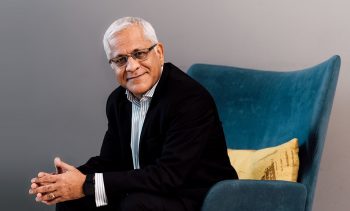
£12m Extra Care facility opens in Lincolnshire
Lincoln’s De Wint Court Extra Care facility in Boultham Moor has been officially opened, with residents set to move in next month.




